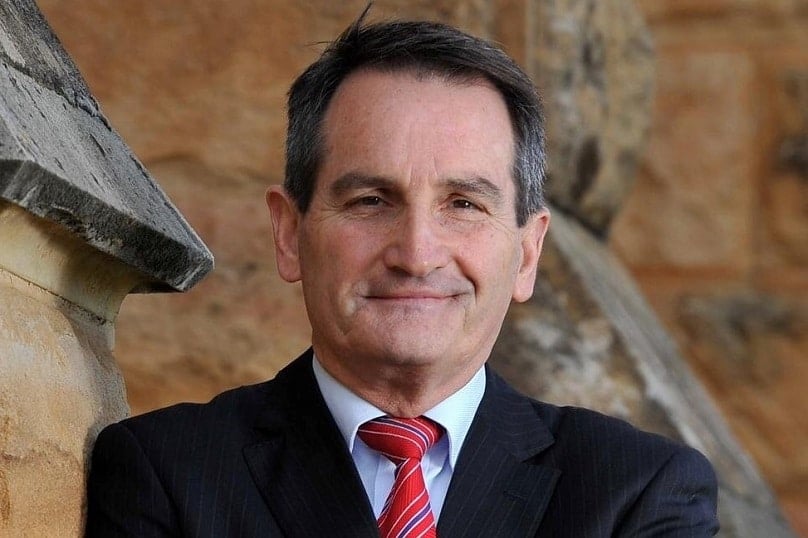
Leading Catholic reformers have signed a statement calling for a third assembly of the Plenary Council to address what they see as glaring issues with the process of convening the second assembly to be held in July this year.
The statement, which was published on 29 May by the Synodal Process Project Group (SPPG), a subgroup of the Australasian Catholic Coalition for Church Reform (ACCCR), was signed by leading Church reformers including Francis Sullivan, Paul Collins, John Warhurst, Patricia Gemmel and Eleanor Flynn, and supported by ACCCR member groups.
The SPPG is calling for a third assembly in early 2023 to address an extensive list of concerns and complete the process in time for the October 2023 Bishops’ Synod on Synodality in Rome.
The Catholic Weekly understands that apart from an agreement to hold a further assembly from the steering committee, Plenary Council members could force a third assembly to be held by voting “no” to the final motion to “close” the Plenary in July.
When asked if reform groups would encourage members to vote “no” to close the council, Kevin Liston, convenor of the SPPG, said his group was “not in a position to form a definitive view on this matter”.
Reformers’ concerns over Plenary process
The statement, which reprises earlier themes from members of Church reform groups, claims the second assembly’s agenda has been excessively controlled by the Australian Catholic Bishops’ Conference, which has “diluted the true input of the faithful”.
They are concerned that the drafting process for the second assembly proposals was conducted behind closed doors, with key documents not released for public appraisal.
The final proposals are “far removed from the original submissions” and were not approved by Plenary Council members “out of session”, the statement said.
The SPPG also disagrees with the view put by “some bishops” that the Plenary Council “should be limited to matters within the competence of the Australian bishops” and should not raise broader questions about Church doctrine and faith.
The statement proposes that Plenary Council members “have an effective role in interpreting the agenda … to ensure that the sense of the faith of the Australian faithful is adequately discerned in consultative sessions and reflected in the resolutions of the second assembly”.
The SPPG statement concludes with a list of key issues for reform, including the implementation of the 1999 Woman and Man report to the ACBC and the Light from the Southern Cross report that has undergirded much of the governance agenda of the Plenary Council.
They also request “pastoral advice to the faithful in relation to the primacy of conscience in discerning how they apply the Church’s social teaching in their particular circumstances”.
The Catholic Weekly sought comment from the Plenary Council steering committee but had not received a reply by the time of publication.
In late March Fr David Ranson, the Secretary of the Plenary Council, told the ACCCR forum “The Plenary and the People” that they needed to tailor their expectations of what the council could achieve.
“Well, clearly, there is a lot that can’t be on the table,” Fr Ranson said.
